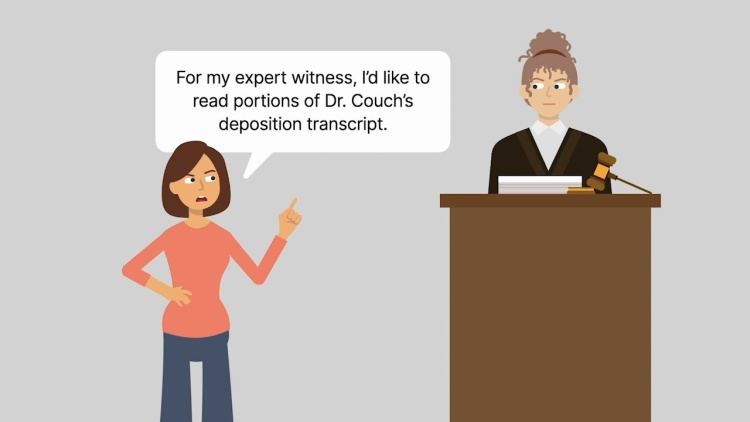Locke v. Pachtman
Michigan Supreme Court
446 Mich. 216, 521 N.W.2d 786 (1994)
- Written by Angela Patrick, JD
Facts
Dr. Judith Pachtman (defendant), a medical resident, performed a three-part surgery on Shirley Locke (plaintiff). Pachtman was under the supervision of attending physician Dr. James Roberts (defendant), but he left the room during the third part of the surgery. While Roberts was gone, Pachtman’s needle broke off inside one of Locke’s muscles. Pachtman searched for the needle unsuccessfully for about 20 minutes before Roberts returned. Using a probe to narrow the search area, Pachtman made a second incision and searched for the needle for almost another hour without finding the broken part. At that point, both doctors agreed that it was in Locke’s best interests to end the surgery. Afterward, Pachtman told Locke about the needle break and stated that Pachtman was at fault because even though she knew that the nurse had given her a needle that was too small, she used the needle anyway. Pachtman also told Locke that Locke would be fine given where the needle piece was lodged. However, Locke eventually saw Dr. Frances Couch because she was experiencing persistent and significant pain, and Couch surgically removed the needle fragment. Locke sued Pachtman and Roberts for medical malpractice for losing the needle and for Roberts being absent when it first happened. At trial, Couch testified both that a broken needle was a normal risk of surgery and that needles usually broke because a doctor used an incorrect technique. Couch did not provide any other testimony about what a reasonable doctor would have done during Locke’s surgery about either using the needle or its breakage. Pachtman and Roberts moved to have Locke’s claim dismissed because she had not proven what the relevant standard of care was, let alone that they had breached it. The trial court agreed and dismissed the claim. The appellate court affirmed the dismissal, and Locke appealed.
Rule of Law
Issue
Holding and Reasoning (Mallett, J.)
Dissent (Levin, J.)
What to do next…
Here's why 907,000 law students have relied on our case briefs:
- Written by law professors and practitioners, not other law students. 47,100 briefs, keyed to 996 casebooks. Top-notch customer support.
- The right amount of information, includes the facts, issues, rule of law, holding and reasoning, and any concurrences and dissents.
- Access in your classes, works on your mobile and tablet. Massive library of related video lessons and high quality multiple-choice questions.
- Easy to use, uniform format for every case brief. Written in plain English, not in legalese. Our briefs summarize and simplify; they don’t just repeat the court’s language.





